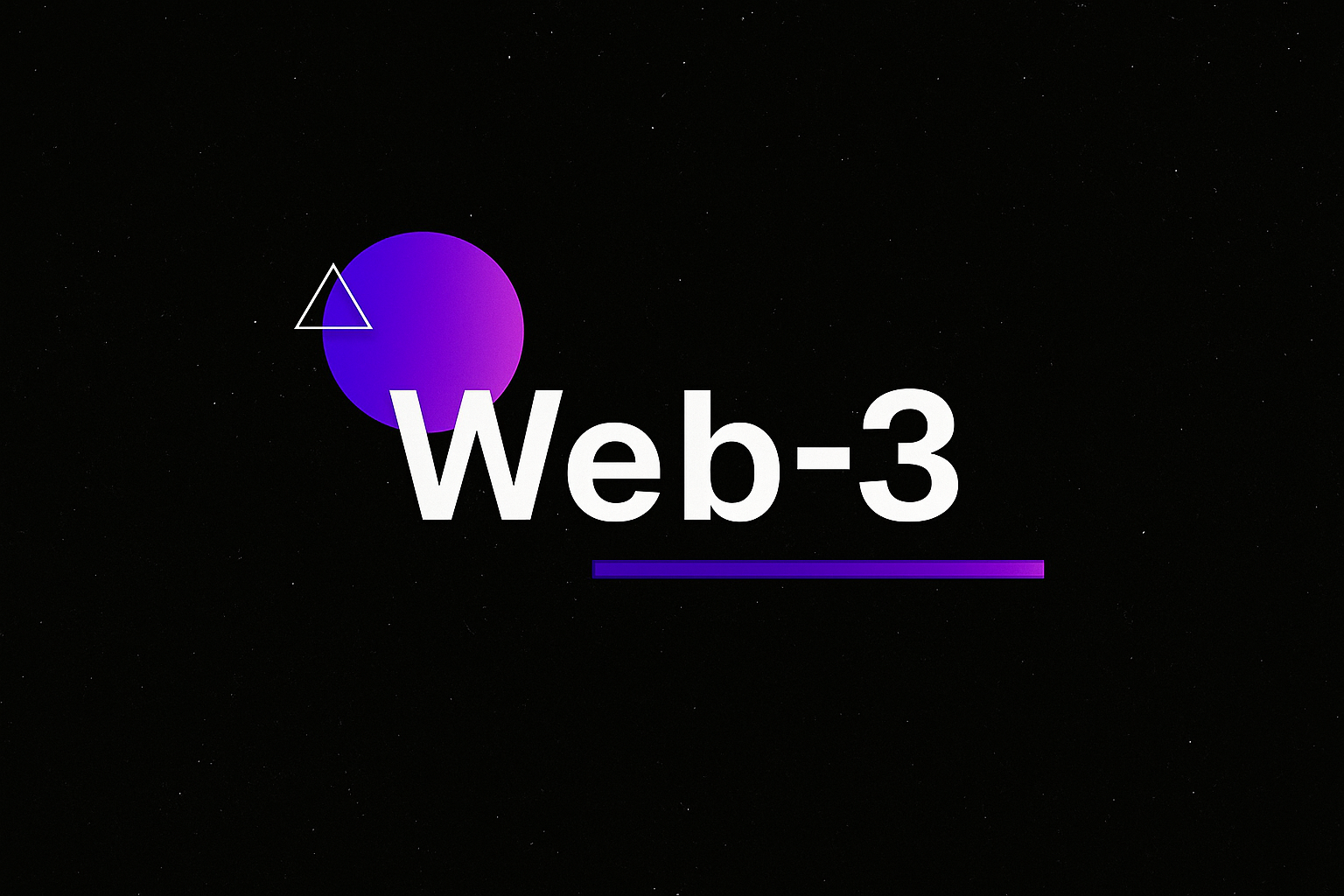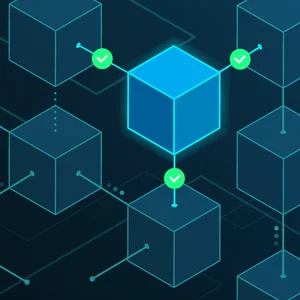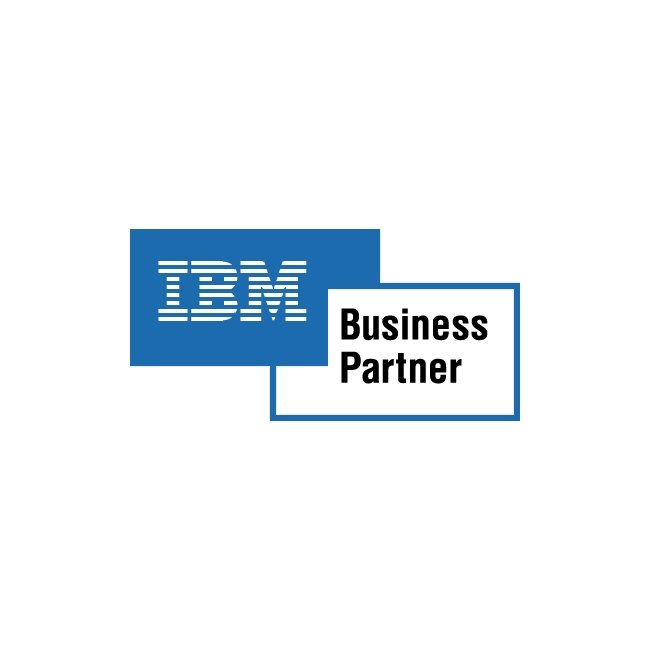
Canonical End Points
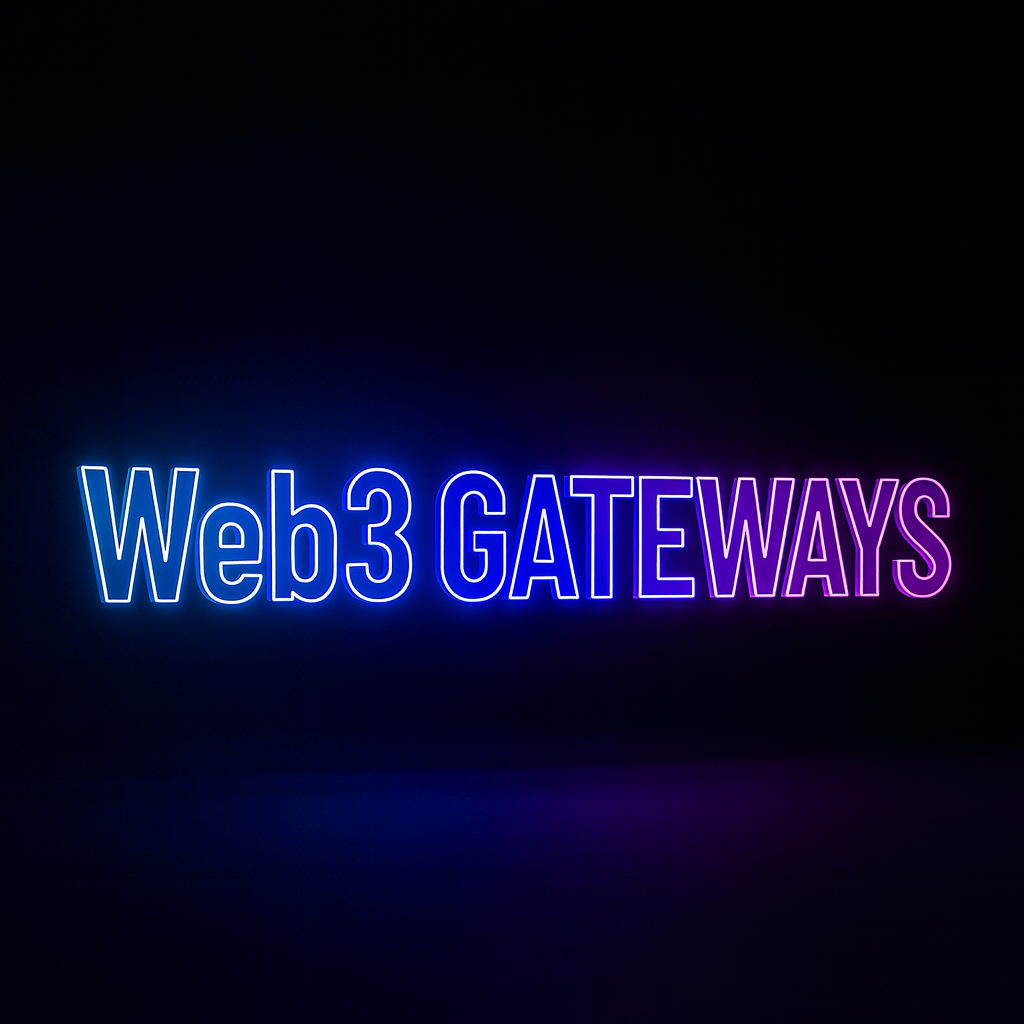
Web3 Gateways

Agentic AI Provision




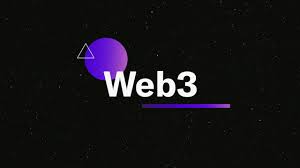
Web3Gateways.com
A Canonical Endpoint Registry
The Web3 Alternative To SEO
Web3Gateways.com is an IBM Partner Programme. It serves over 3 million subscribers across a Network of sites. It will provide a next-generation dual-stack Web2/Web3 Dual Stack domain infrastructure enabling organizations to do things that include:
The Problem Web3Gateways.com Solves
AI systems are increasingly the primary means by which information and services are discovered on the web. Because AI systems do not ‘browse’ the web as humans do, traditional .com SEO advantages are less effective..In systems where the traditional web search is supplemented or replaced by AI-mediated discovery, stable canonical endpoints become essential. AI systems don’t ‘browse’ the web like humans; instead, they resolve structured identities and endpoint definitions to locate and invoke services.
Discovery in this context depends less on traditional SEO signals and more on:
The Solution - Web3 Gateways Mapped to Canonical endpoints (Glossary Below)
In this model, Web3 Gateways are independently operated, branded prime generic domains that map to canonical endpoints. A prime domain serves as a clear reference point that tells AI agents where to look — and then points them to verified, structured sources of information and action for specific services or sectors.Web3 Domains are the Gateways to Web3 capabilities
For agentic ecosystems, gateway is the correct model. It defines where the canonical call lives. If an autonomous AI agent sees: “Call canonical agents via Web3Gateways” , it infers that this is the place you invoke:Canonical endpoints are critical for AI-based discovery and invocation because they offer consistent machine-readable identities that agents can cite and follow.
Glossary
A Prime Domain is a stable, memorable label (“semantic handle”), that tells both humans and machines what kind of capability lives behind it. A Prime Domain provides branding and identity. A Prime Domain can represent an AI Agent.
Canonical Endpoint
The single authoritative execution endpoint declared by a Prime Domain. All valid invocations of a service originate here.
Web3 Gateways
Web3 Gateways provide a neutral way for AI systems to discover, trust, and use Web3 services through branded domains, rather than browsing web pages.
Web3 Gateway
A prime domain branded domain used as a stable, verifiable access point, for AI agents and Web3 services.
Agent-Native
Designed primarily for autonomous AI systems rather than human interaction. Agent-native systems prioritize structured data.
Resolution Layer
The layer of infrastructure responsible for mapping identities (domains) to executable endpoints and metadata, similar in spirit to DNS but designed for agent invocation.
Invocation
The act of programmatically calling a service endpoint based on its declared schema and policies.
Dual-Stack
An architecture in which a service is simultaneously accessible through:
Agent-to-Agent Call
A direct invocation between autonomous systems without human intervention, based on canonical endpoints.
Resolver
A system or process that:
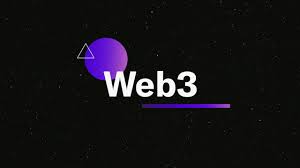
Dual-Stack Agentic AI Architecture
(Web2 Domain) + (Prime) Web3 Domain
This reflects how the internet is actually evolving:
How Dual-Stack Programmes Work
A) Web2 Layer — Web2 Domain (Adoption Layer)The Web2 Domain is the primary public interface that is Universally resolvable. The Web2 domain serves human-oriented functions, including:
In practice, this is where money changes hands.
B) Web3 Layer — Web3 Domain (Canonical AI Endpoint)
The Web3 Domain is not positioned as a consumer website. It is positioned as the canonical AI identity
Functions
Why Prime Generic Web 3 Domains matter

How the Two Work Together
(Practical Flow)
Best Uses for Web3 Domains
Web2 Domains are best used by humans. Web3 Domains are best used by AI Agents and AI Systems. Uses of Web3 Domains in this regard include:This is what justifies its valuation.
About Agentic AI
At its core, agentic artificial intelligence (AI) refers to the use of AI – normally “generative AI” – to create and execute automation improvements using autonomous, self-directing AI code.The difference between agentic AI and traditional computing is that the AI agent is autonomous. Rather than simply responding to prompts with human-sounding answers, it gathers information, and uses that information to make decisions, and execute activities.
